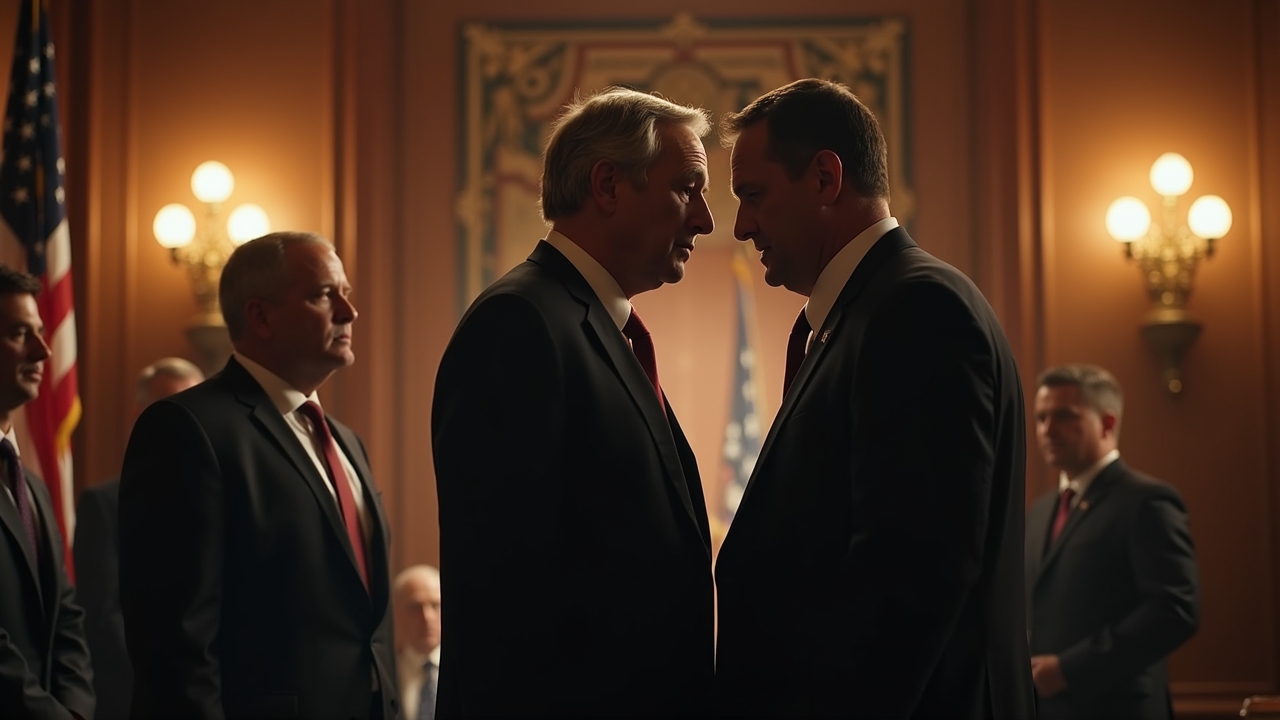PROTECT YOUR DNA WITH QUANTUM TECHNOLOGY
Orgo-Life the new way to the future Advertising by AdpathwayPresident Donald Trump recently made headlines by deciding against deploying a “surge” of National Guard troops to San Francisco, despite a local request for federal assistance. In a post on Truth Social, Trump explained his reasoning. He cited conversations with locals, specifically mentioning Mayor Daniel Lurie, whom he believes is making progress in addressing crime. Trump stated, “I told him I think he is making a mistake, because we can do it much faster, and remove the criminals that the Law does not permit him to remove.” His statement reflects confidence in federal intervention while acknowledging local efforts.
Despite his reservations, Trump is giving Lurie and local officials the chance to continue their work. He conveyed a sense of optimism about the city’s future, crediting San Francisco residents for their commitment to combating crime. “The people of San Francisco have come together on fighting crime,” he remarked, suggesting that unity on such pressing issues could bear fruit in the long run.
Trump’s decision comes on the heels of a significant victory in the courts. The California-based 9th Circuit Court of Appeals recently dismissed a request for a review of an earlier ruling supporting Trump’s authority to federalize National Guard troops. This ruling stood against California Governor Gavin Newsom’s attempts to thwart such federal efforts. The initial ruling was made by Judge Charles Breyer, who concluded that Trump had overstepped his authority in taking control of the California National Guard for issues related to Immigration and Customs Enforcement raids in Los Angeles.
The implications of these legal battles extend beyond San Francisco. Trump is engaged in similar disputes over troop deployments in Illinois and Oregon. In Oregon, just days before, a 9th Circuit panel lifted a restraining order that had blocked Trump from deploying National Guard troops. With ongoing legal victories and a conservative majority in the Supreme Court, it appears Trump may soon gain more control over troop deployment decisions, particularly in cities facing violent opposition to federal immigration policy.
The legal landscape suggests that Trump’s administration is gearing up for additional confrontations, especially in Illinois. A recent petition submitted to the Supreme Court highlights serious concerns about violence against federal officers, including incidents where federal personnel have been ambushed. It portrays a federal government frustrated with local and state leaders who have, according to the administration, exacerbated tensions.
While Trump has paused the surge in San Francisco, his administration remains poised to act decisively in other regions where federal authority is challenged. It’s clear that the situation is fluid, and further developments in this ongoing clash of state and federal powers loom on the horizon.
"*" indicates required fields


 12 hours ago
2
12 hours ago
2


















.jpg)






 English (US) ·
English (US) ·  French (CA) ·
French (CA) ·